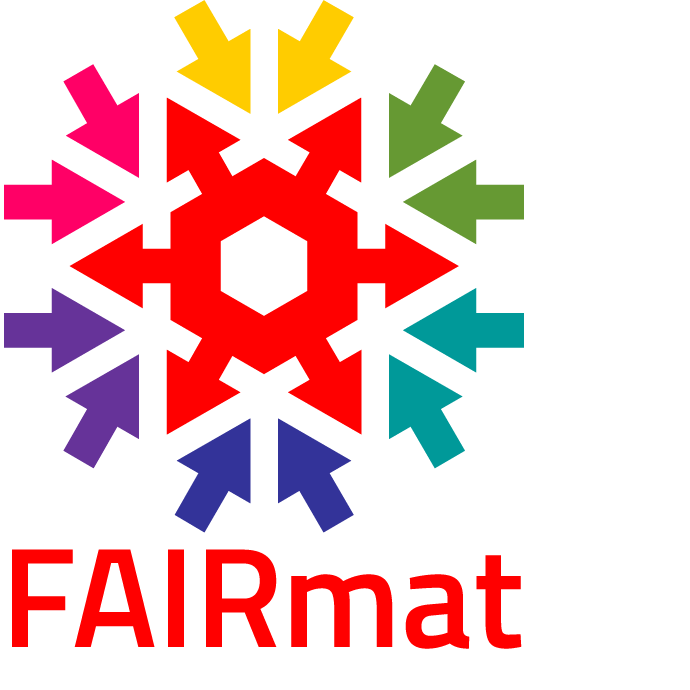Since the beginning, the idea of the NOMAD Repository & Archive has been to host data generated via (ideally) all the atomistic codes used by the community and store them in a code-independent format, by means of a metadata schema and dedicated parsers that convert the raw input/output files into the common format. Such data can be accessed via a unified API.
In the context of the FAIRmat consortium, which includes and expands the NOMAD activities, we are planning to focus on the Interoperability and Reusability of the stored data, with the help of the community. In practice, we are organizing a series of (online) workshops in order to reach a consensus on how to annotate the quality of the stored data, in terms of their numerical precision (with respect to the fully converged results for a given physical model). This is not meant to distinguish between "good" and "bad" calculations but to give the user an idea about the level of convergence and what data can be used for.
To kick-off the initiative, we organize a meeting, via zoom, on September 14, from 2pm to 5pm CEST, where we present and organize the subsequent activities. All invited participants to the meeting are key developers of widely used electronic-structure codes. In short, the idea is to have dedicated meetings for each basis-set implementation (plane-waves, atom-centered orbitals, LAPWs, wavelets, real-space grids), in order to agree on criteria for the data-quality annotation. Experts of each basis-set implementation will set the stage talking about specific challenges with each approach.
This workshop is organised by Luca Ghiringhelli, Nathan Daelman, Silvana Botti and Claudia Draxl
Program:
| Time | Session |
| 14:00 | Introduction: FAIRmat, NOMAD, Metainfo, and the data-quality challenge - Luca M Ghiringhelli |
| 14:15 | Q&A |
| 14:25 | Atom-centered basis sets - Benjamin Pritchard |
| 14:40 | Q&A |
| 14:50 | Real-space implementations - James R Chelikowsky |
| 15:05 | Q&A |
| 15:15 | Planewave basis sets - Gian-Marco Rignanese |
| 15:30 | Q&A |
| 15:40 | (Linearized) augmented-plane-wave basis sets - Gregor Michalicek |
| 15:55 | Q&A |
| 16:05 | Support-functions basis sets - Stefan Goedecker |
| 16:20 | Q&A |
| 16:30 | General discussion |
| 17:00 | End |
